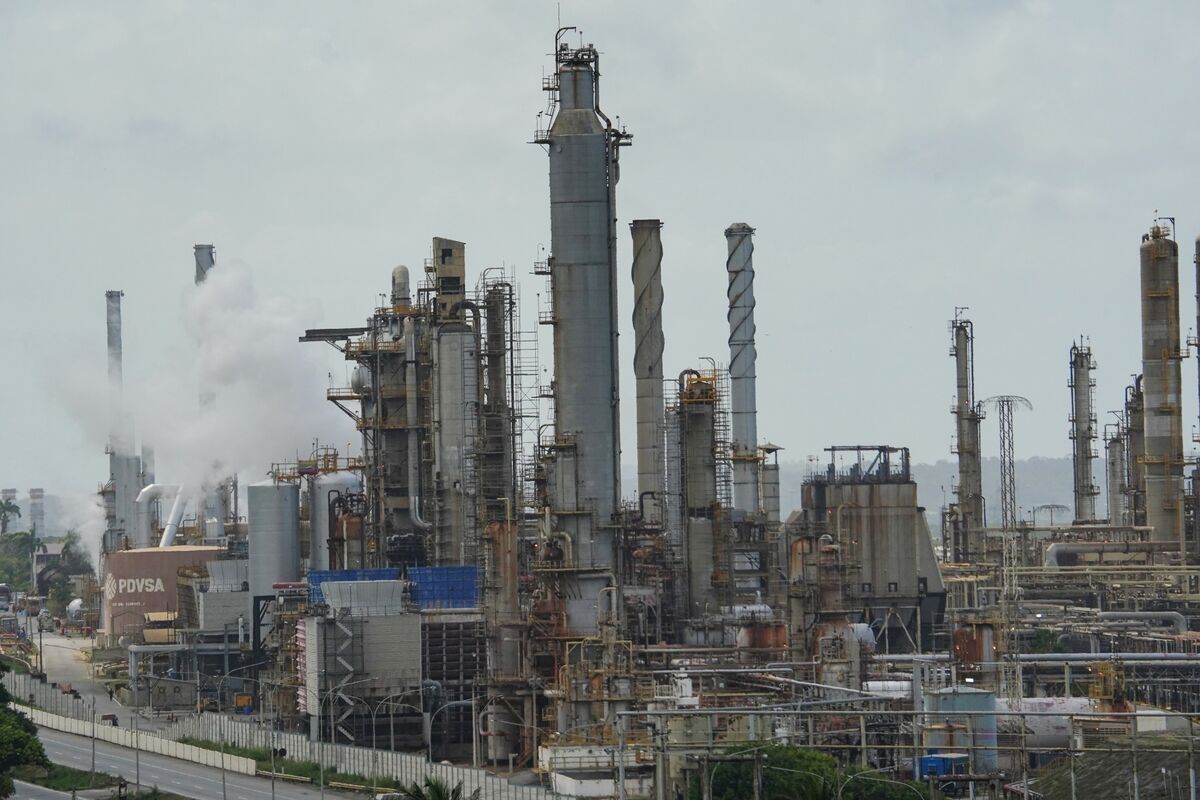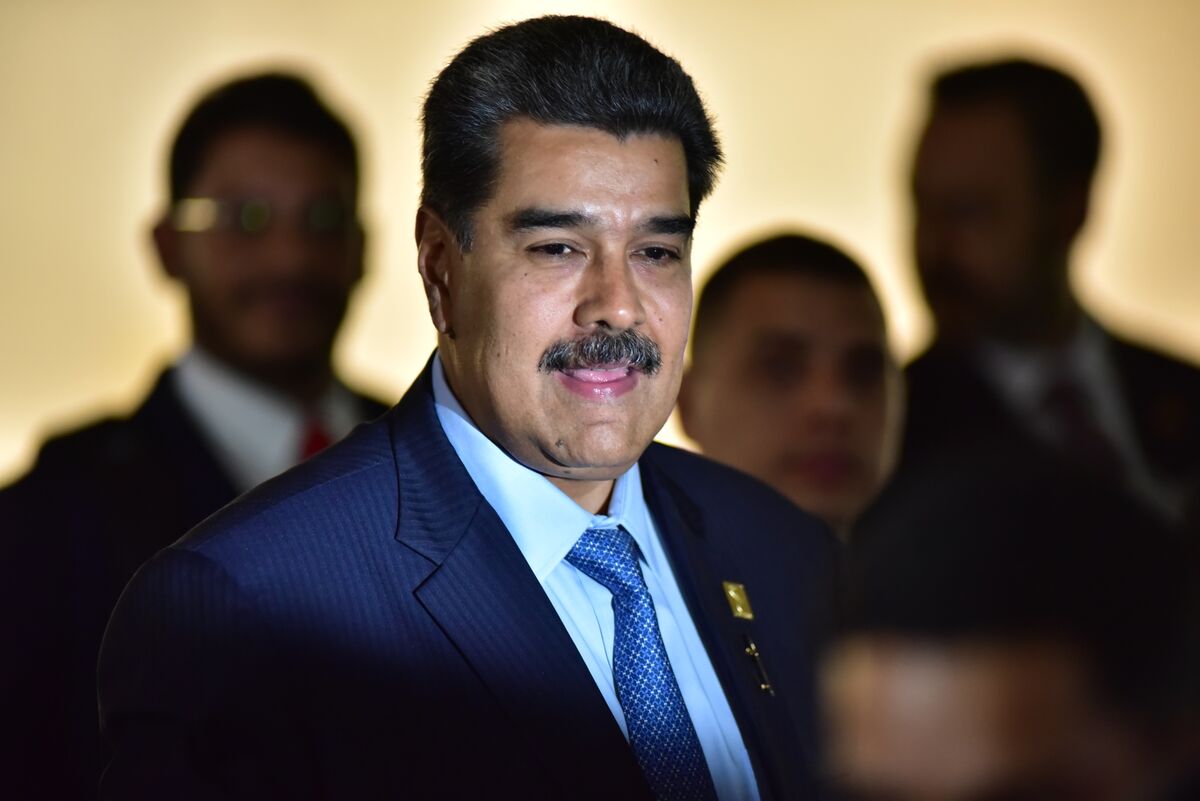Following the United States’ decision to reimpose restrictive measures on Venezuela‘s oil sector, President Maduro warns of repercussions for U.S. interests.
The revoked license, allowing Venezuela to freely export and invest in its oil sector, will impact its crude and fuel sales and necessitate individual U.S. deal authorizations.
Failure to renew the license stemmed from President Maduro’s lack of progress in implementing electoral reforms agreed upon with opposition leaders.

Maduro criticized President Biden‘s administration for fulfilling its “blackmail threat,” emphasizing Venezuela’s commitment to its chosen path.
The revoked license, originally easing oil sanctions in place for five years, has now transitioned to a more restrictive license, prompting companies to wind down pending transactions within 45 days.
Despite some oil supertankers having the opportunity to depart following the license’s revocation, others may require individual U.S. authorizations to complete purchases.
Venezuelan officials argue that while the sanctions had a minimal domestic impact, they hindered the normalization of bilateral relations and affected U.S. interests in Venezuela’s oil industry.
The U.S. has indicated it will process specific authorization requests for business with Venezuela, maintaining previous authorizations for oil firms like Chevron, Repsol, and Eni.
Uncertainties arise regarding the scope of permitted transactions, raising concerns about the future of bilateral oil trade.

Despite strides in inflation control, uncertainties loom over future economic stability. The expiration of License 44 represents a setback from Biden’s engagement policy with Maduro.
As Venezuela’s opposition addresses candidate selection for the upcoming presidential election, the withdrawal of significant U.S. sanctions relief underscores geopolitical tensions.
Analysts predict stagnating oil exports and production, impacting Venezuela’s economic recovery trajectory.





